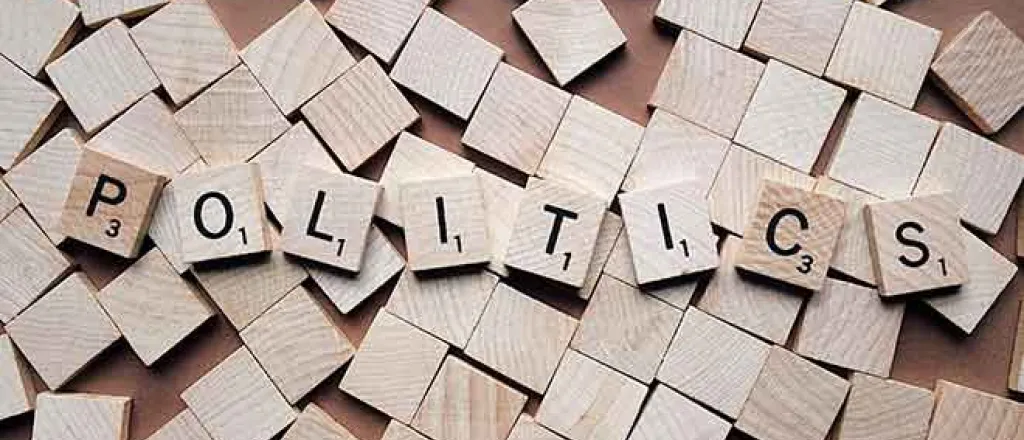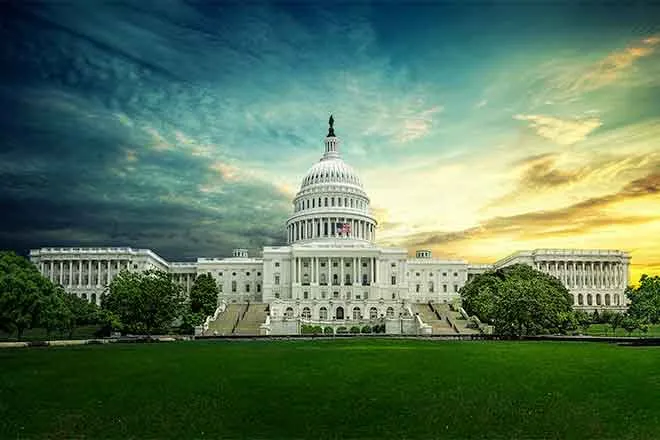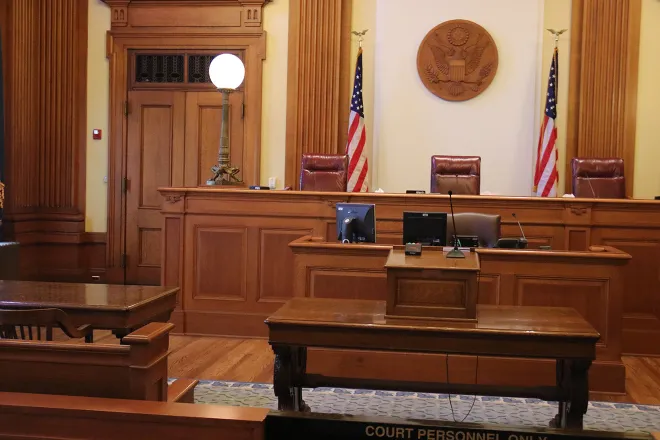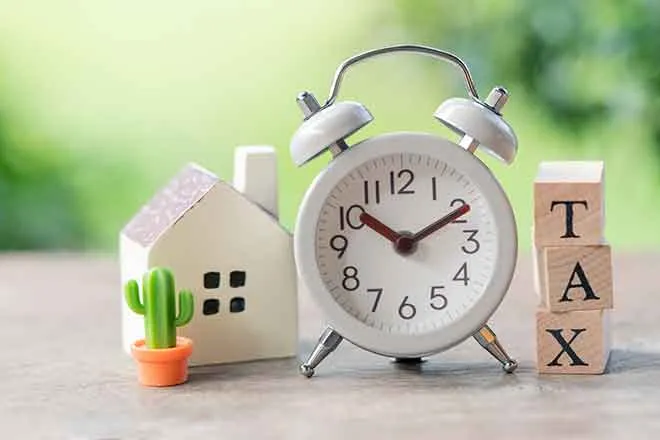
In politics, women candidates bear brunt of hateful threats, harassment
Click play to listen to this article.
(Wisconsin News Connection) Wisconsin women have made progress in closing gaps when it comes to being elected to public office.
But some voices worry the movement might slow down as candidates see increasing levels of threats and harassment.
The Brennan Center for Justice recently issued findings that detail the threatening behavior those in the political arena are experiencing now.

© iStock / sefa ouzel
Women were three to four times as likely as men to experience abuse targeting their gender.
Erin Vilardi, CEO and founder of the advocacy and assistance group Vote Run Lead, said this creates more unfairness in areas such as resource planning for a campaign.
"We see women candidates and incumbents right now having to pay for security," said Vilardi, "having to put in their budgets, in their campaign funds, in their line-items for their campaigns a security detail."
And Vilardi said because of the worsening climate, the threats are extending to almost all other candidates, including conservative white men.
She and other researchers called on party leaders to strongly condemn political violence. They also recommend that each state implement stronger protection for officeholders.
Vilardi said it's not just women candidates and incumbents having to deal with this behavior. Women working as top aides and political journalists are subject to more hateful rhetoric these days.
"This is something that permeates women in politics," said Vilardi, "not just for the folks that are stepping up to lead but for the ecosystem of women around them."
And if more women decide not to run or seek re-election as a result, Vilardi said this means there will be fewer opportunities for gender equality in leadership positions in state legislatures and Congress.
She urged constituents to send messages of support to women officeholders as they weigh these challenges and their political futures.
Support for this reporting was provided by the Carnegie Corporation of New York.















